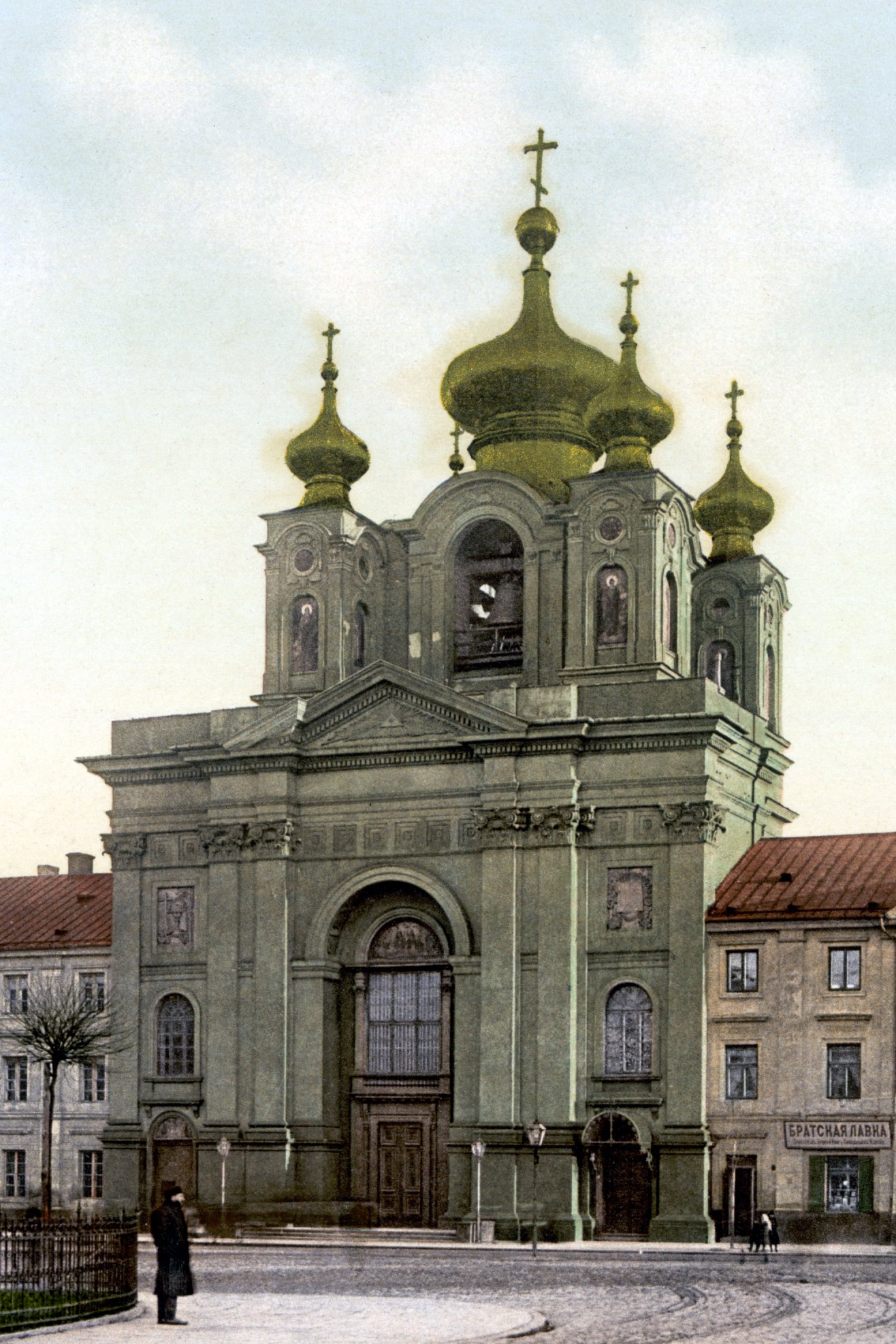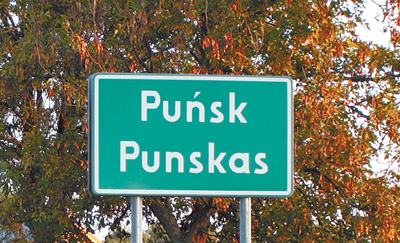porzeczka
10 Jan 2012
History / Mother tongue in Poland - acccording to 1931 census. [174]
Individual opinions can be chosen selectively and manipulated to prove a point of view. Media sometimes (or too often) show only one side of the coin. Some talk about Lithuanian propaganda, others about Polish one. Who should we believe?
Vietnamese are not a "national minority" according to Polish law. I'm not aware of any ban on establishing private Vietnamese schools.
For a community to be recognized as a national or ethnic minority, its members have to hold Polish citizenship and the community itself has to meet a total of six conditions. One of the criteria is the following: 'its ancestors have been living on the present territory of the Republic of Poland for at least one hundred years.'
If the law won't change Vietnamese should posses a status of 'national minority' in this century.
mswia.gov.pl/download.php?s=2&id=755
Individual opinions can be chosen selectively and manipulated to prove a point of view. Media sometimes (or too often) show only one side of the coin. Some talk about Lithuanian propaganda, others about Polish one. Who should we believe?
I mean, given that the vast majority of the 10,000+ Polish Vietnamese live in just two neighbourhoods in Warsaw, there would really only need to be two Vietnamese language schools in the country.
Vietnamese are not a "national minority" according to Polish law. I'm not aware of any ban on establishing private Vietnamese schools.
According to the Act, the following minorities are recognized as national minorities: Belarusians, Czechs, Lithuanians, Germans, Armenians, Russians, Slovaks, Ukrainians and Jews, and the following as ethnic minorities: the Karaim, the Lemko, the Roma and the Tartars.
For a community to be recognized as a national or ethnic minority, its members have to hold Polish citizenship and the community itself has to meet a total of six conditions. One of the criteria is the following: 'its ancestors have been living on the present territory of the Republic of Poland for at least one hundred years.'
If the law won't change Vietnamese should posses a status of 'national minority' in this century.
mswia.gov.pl/download.php?s=2&id=755






